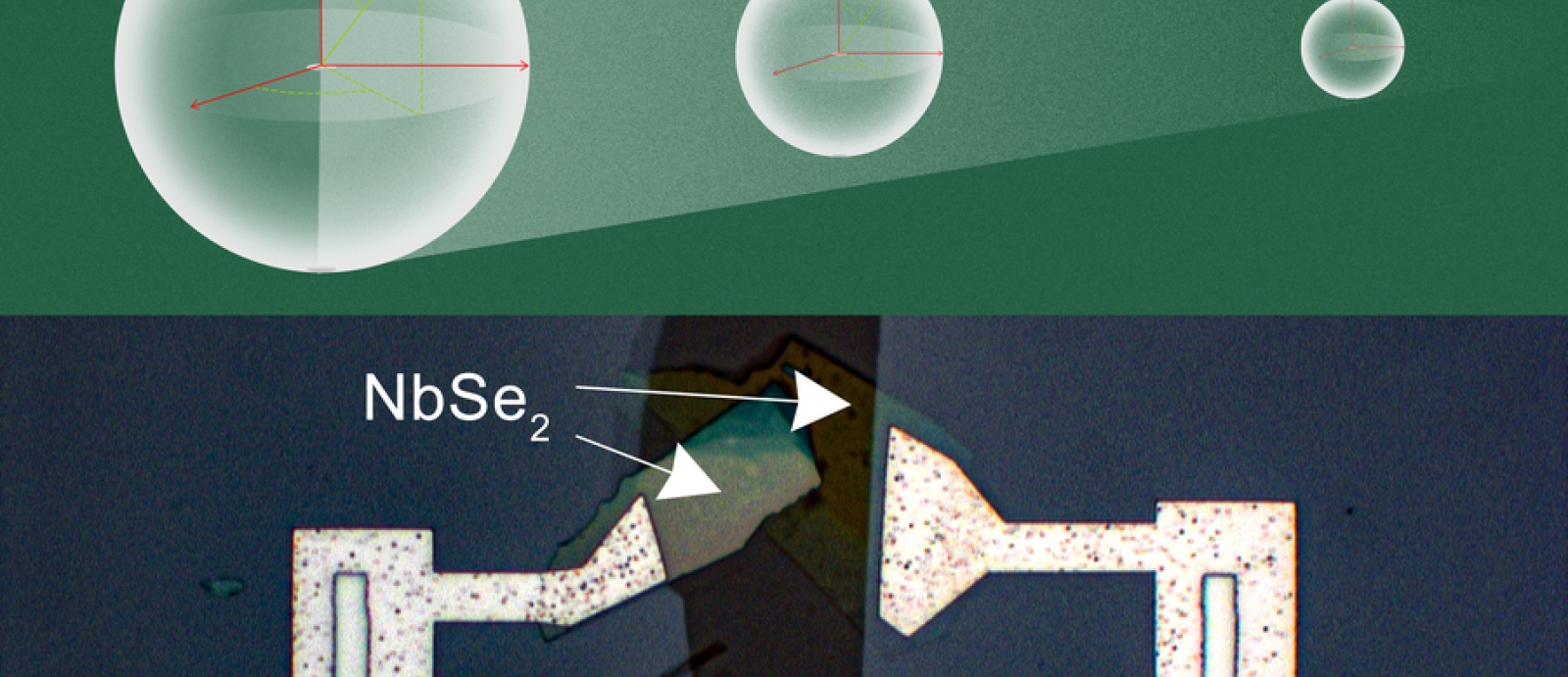
Tiny materials lead to a big advance in quantum computing
Like the transistors in a classical computer, superconducting qubits are the building blocks of a quantum computer. While engineers have been able to shrink transistors to nanometer scales, however, superconducting qubits are still measured in millimeters. This is one reason a practical quantum computing device couldn’t be miniaturized to the size of a smartphone, for instance.
MIT researchers have now used ultrathin materials to build superconducting qubits that are at least one-hundredth the size of conventional designs and suffer from less interference between neighboring qubits. This advance could improve the performance of quantum computers and enable the development of smaller quantum devices.